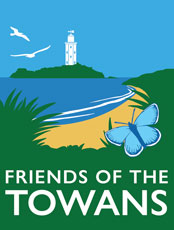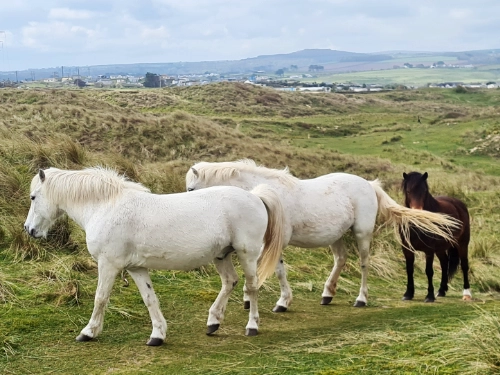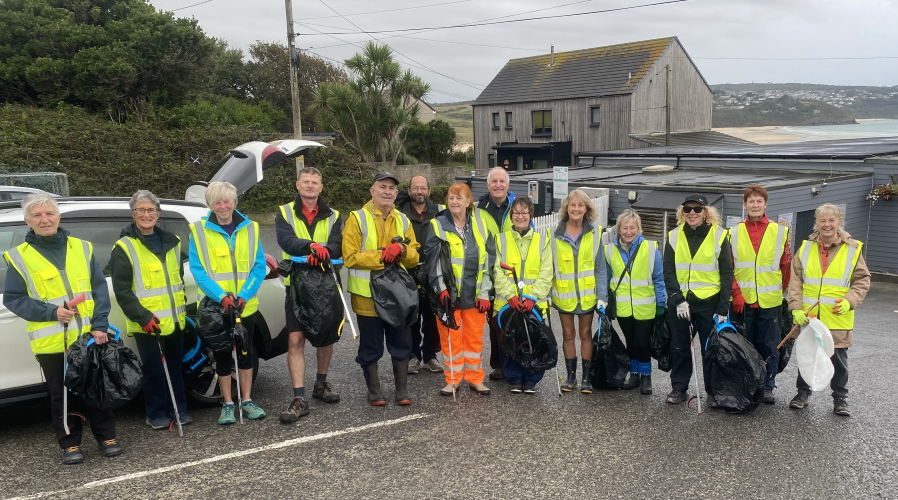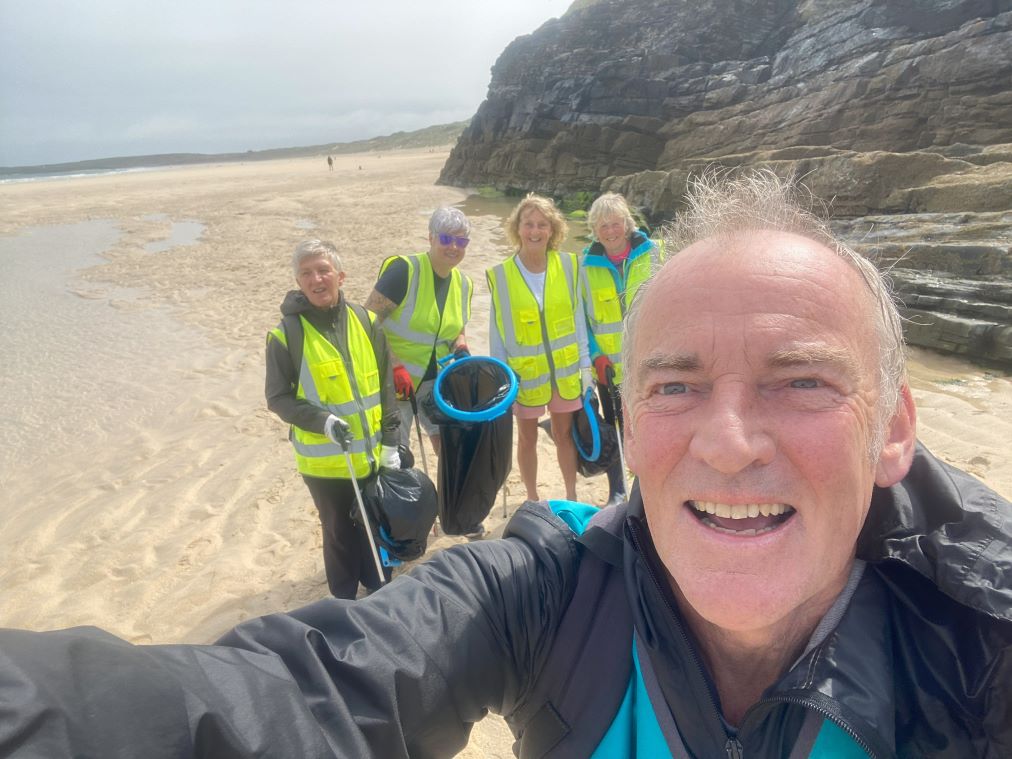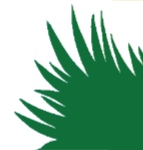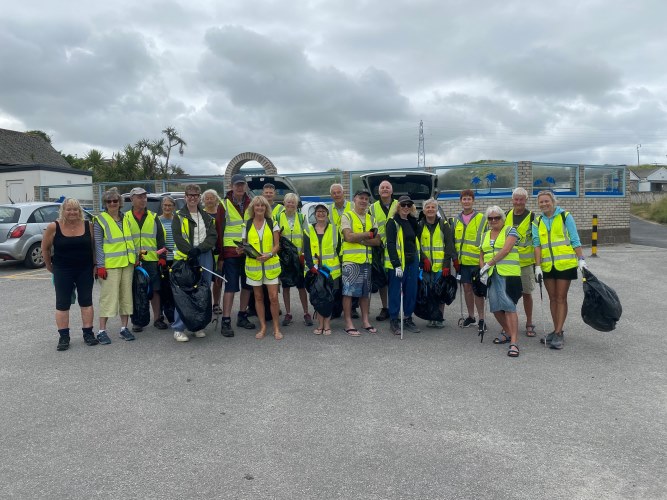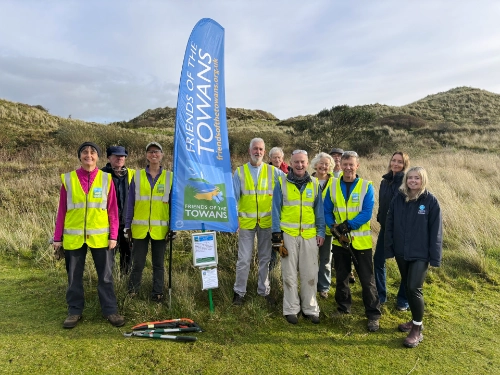January, a quick round up of the last year at Friends of the Towans
Friends of the Towans can look back with satisfaction on a busy year of practical conservation sessions in the dunes of St Ives Bay, and we’re now planning a packed programme for 2025.
In recent months we’ve been working at Gwithian Green, where we cut back willow to open up the wet grassland area; cut gorse from a large scrubby area at St Gothian Sands; and made a start on clearing invasive buddleia from Upton Towans and cotoneaster from Mexico Towans – all to give the dune grassland plants a chance to regenerate.
In the last year, we’ve enjoyed hosting increasing numbers of students from local schools – they’re the conservation volunteers of the future – and we’re always delighted to welcome the grazing ponies who help us in our work. They returned to Mexico Towans in October, and they’ll also be at Gwtihian Green, and Gwithian and Upton Towans over the coming months. The ponies make a unique contribution to the management and conservation of the special habitats of the Towans, so here’s a bit more information about how they do it:
- Munching: Keeps a variety of plants and shrubs in check, and reduces the nutrients in the soil, encouraging a greater diversity of species;
- Browsing: Stops woody plants from taking over the dune grassland by stripping bark and nibbling shoots on trees;
- Trampling: Opens up different areas and creates bare ground, which gives seeds and pioneer plants a chance to establish, and provides areas for insects to burrow and animals to dust bath and bask;
- Dunging: Provides food for insects and birds.
Grazier Gerald Babcock uses hardy pony breeds that are well suited to this type of grazing and living outdoors whatever the weather. If you see the ponies whilst you’re out on the Towans, please give them plenty of space – and especially, do not feed them, as this can make them ill. Eating sugary or rich food like carrots, apples and grass cuttings can cause them to develop laminitis, an extremely painful condition that affects their feet and can lead to them being unable to walk or stand, and may result in them having to be put down. The ponies are regularly checked by the grazier and volunteer pony checkers.
We’d like to say a big thank you to the ponies – and to everyone who has contributed their time and energy to support the wonderful wildlife of the Towans over the last year.
Contact
If you’d like to get involved, just phone us, email us, or contact us via our social media.
